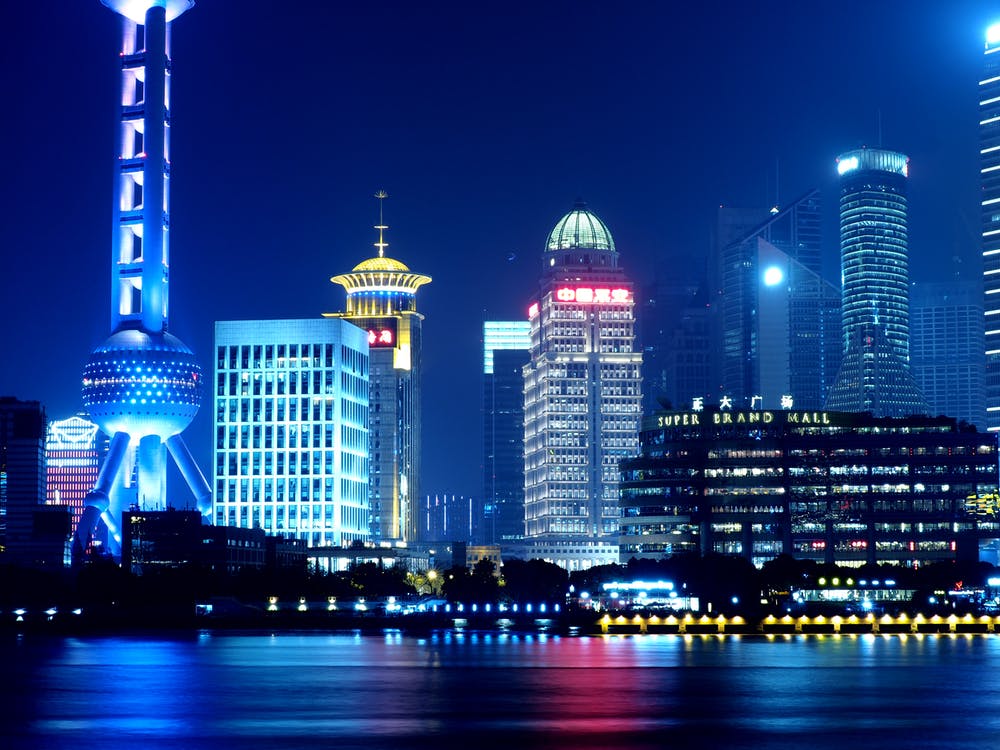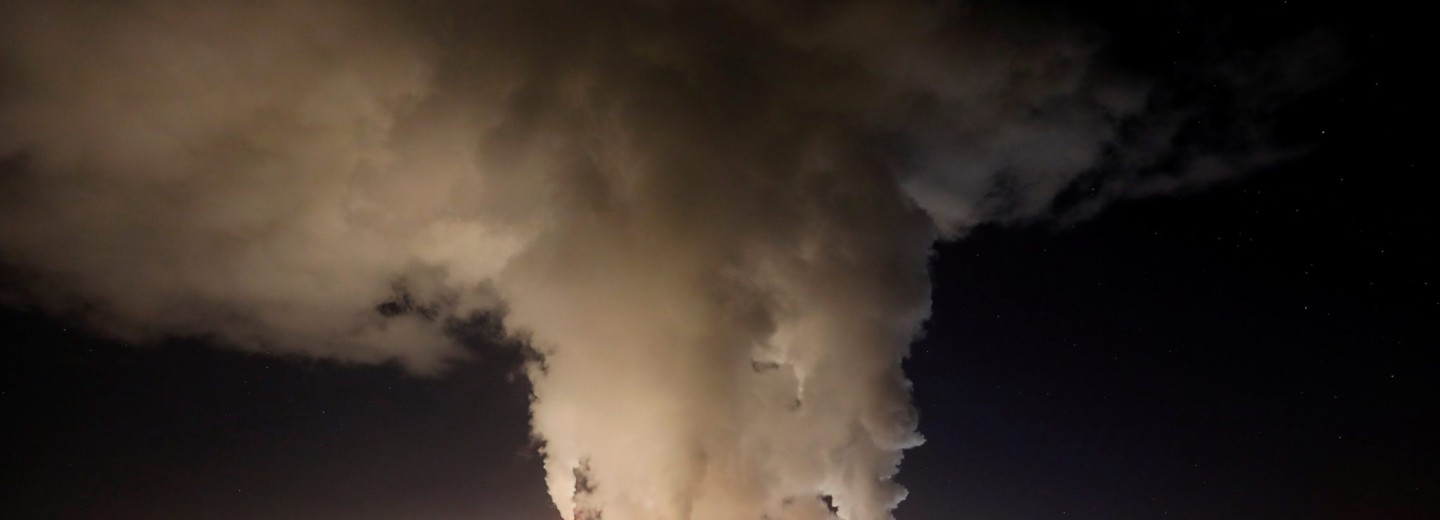China News 31st January 2022
This week we explore China’s stance on environmental protection. ‘Carbon Tax’, as proposed by the European nations these days, has been given new understanding by a prestigious China Think Tank, which potentially strikes a fairer balance between developed and developing nations.

Chen Gong, founder of Anbang, suggested that if the EU insists on imposing ‘Carbon Tariff’, then China can choose to support the EU conditionally, that is, China supports the EU in taxing future carbon emissions, but at the same time the EU must also pay China to the past carbon debt its member states historically left behind. At the same time, based on the past and future carbon emissions, the impact of such a tariff mechanism on international trade will be balanced. Chen Gong further explained that, for the EU’s radical policy proposals, the countermeasures that China should take is not to stand in the camp of opponents at the very beginning, rather, a good response is to respond with a logically similar but more radical policy.
Regarding the EU’s carbon tariff policy, He Jun, a senior researcher at Anbang Think Tank, also put forward another suggestion: China can propose the concepts of “carbon consumer” and “carbon consumption responsibility” to balance carbon emissions from the entire production-consumption chain.

China can stress that consuming and producing countries share the responsibility for carbon emissions. If China, as a carbon emitter and the “world’s factory”, suffers from excessive “carbon tariff” pressure, China can consider imposing a “carbon consumption tax” on consuming countries to gain more leverage for itself. From the past to the future is a historical balance, from producers to consumers is another balance, which can be applied to the global regime on climate change.
In the context of the global response to climate change, the European Union is considering introducing carbon tariffs to curb carbon emissions and obtain additional tax income. China, the largest carbon emitter, should not rush to object, but should respond with a similar but more radical policy. Calculating the historical accounts of carbon emissions in developed countries in Europe and the United States, or emphasizing the balance of carbon emission responsibilities between consumers and producers, are strategies that conform to international rules and are reasonable.
Source: anbound.com.cn.
We continue our series on China’s technology development as “the Metaverse” appeared in government work reports across various regions of China.
It was reported on 22 January that not only Internet giants are actively preparing for the Metaverse, but the Metaverse has appeared in recent government work reports and industrial plans in many places in China.
A Shanghai Municipal Economic Work Conference held on 21 December, 2021 pointed out that it is necessary to “guide enterprises to step up research on important platforms for the interaction between the virtual world and the real society in the future, and make timely arrangements to cut in.” Although not directly named, from the perspective of expression it is considered to be the first positive reaction of the local government to the Metaverse.

Since 2022, Wuhan, Hefei and other places have also “embraced” the Metaverse in their government work reports. On 10 January, Luo Yunfeng, the mayor of Hefei, mentioned in the government work report that in the next five years, Hefei will make a forward-looking layout of future industries, aiming at cutting-edge fields such as the Metaverse, superconducting technology, and precision medicine, and creating a group of leading enterprises and cutting-edge industries. Technology is expected to produce high-end products.
On 11 January, Wuhan Mayor Cheng Yongwen proposed in the government work report that it is necessary to accelerate the expansion of the digital industry and promote the integration of the metaverse, big data, cloud computing, blockchain, geospatial information, and quantum technology with the real economy.
On 8 January , the Shanghai Municipal Commission of Economy and Information Technology held a meeting to plan the industrial and informatization work in 2022, emphasizing accelerating the layout of the new digital economy track, closely following the digital transformation of the city, laying out the new track of the Metaverse, developing application scenarios, and cultivating key enterprises. Key points are tackling new technologies, planning new industries, speeding up key core technology research, developing future industries, and making competitive industries bigger and stronger.
In addition, two proposals by Sun Taoran, member of the Beijing Municipal Committee of the Chinese People’s Political Consultative Conference and chairman of Lakala Payment Co., Ltd., also highlighted the future development to the Metaverse, as it was mentioned the “Proposal on building Shougang Park” into a pilot industrial park for the development of “Metaverse” in Beijing.
Source: dwnews.com.
Worked on the article:

Wanlikhang





